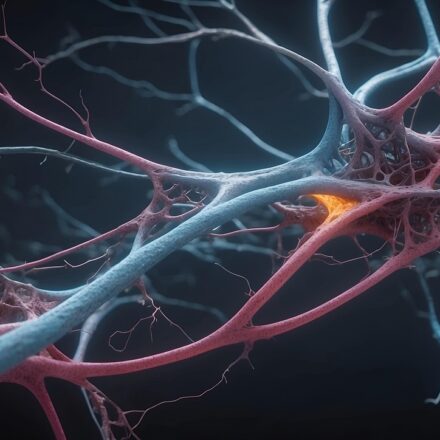The Full Federal Court confirmed last week in BMS v Apotex that where a patent licence reserves some rights to be exercised by the licensor, the licensee will not have standing to sue and claim damages as an “exclusive licensee”. Importantly, in infringement proceedings, a patentee can only claim damages for damage suffered by itself or an exclusive licensee. In this case, while a licence between BMS and Otsuka granted BMS an “exclusive” licence to advertise, market, promote, sell and distribute a product used in the treatment of schizophrenia, the fact that Otsuka reserved the right to manufacture the product meant that BMS was not an “exclusive licensee”.
The case concerned Otsuka’s patent for a particular form of an antipsychotic agent used in the treatment of schizophrenia. BMS commenced proceedings claiming relief for infringement of Otsuka’s patent by Apotex. Otsuka was not joined until later in the proceedings. The primary judge found that BMS was not an exclusive licensee and so could not commence or prosecute its claim for infringement because although BMS was granted extensive rights, Otsuka had reserved the right to manufacture. This finding was relevant to orders about the licensee’s ability to recover costs.
BMS accepted that it did not have the right to undertake all of the activities identified in the definition of “exploit” but relied on an earlier decision in which it was found that a licensee who did not expressly have the right to import was nevertheless an exclusive licensee. In the earlier case it was found that a party could be an “exclusive licensee” even if they did not expressly have the right to carry out each of the activities referred to in the definition of “exploit” in the Patents Act 1990 – namely to make, hire, sell or otherwise dispose of a product, or to import it. The Full Court in BMS v Apotex agreed that it is not necessary that the rights explicitly conferred by a licence be an exhaustive list of what is contemplated by the legislation, however followed an earlier High Court decision to the effect that an exclusive licence must grant the right to exploit the invention to the exclusion of all others, including the patentee. “An exclusive licence cannot be one that reserves to the patentee, or any other person, any residual right with respect to the exploitation of the invention”.
The case also reaffirms the significance of clauses in licence agreements that deal with how the patentee will respond in the event of infringement by a third party. These provisions are particularly important for a non-exclusive licensee who will not have standing to commence proceedings in the event of infringement and who therefore requires the cooperation of the patentee to deal with infringement.








